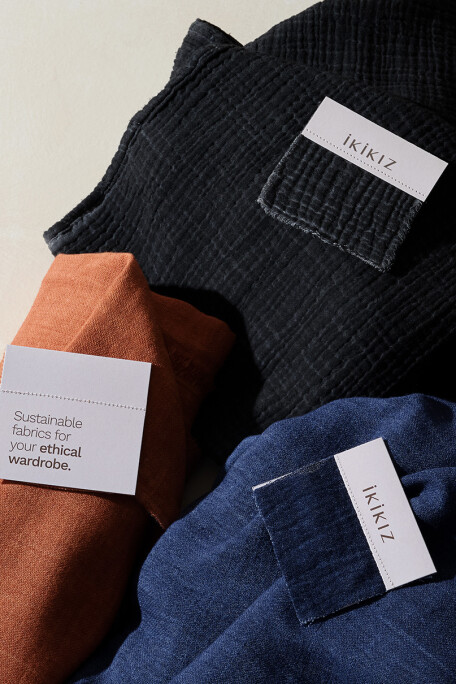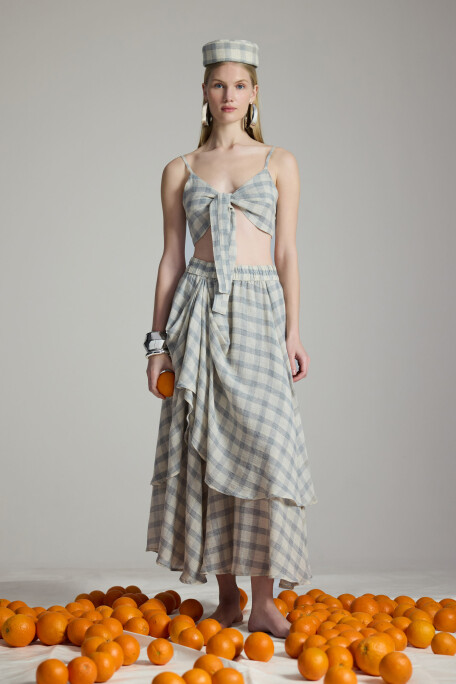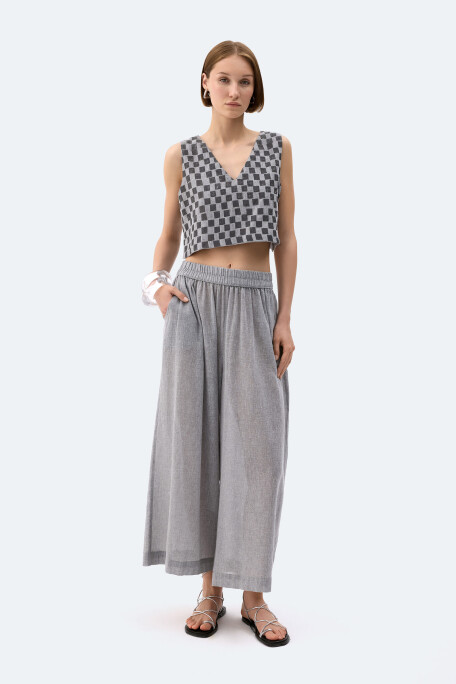A Guide to Sustainable Fabrics
Because what you wear matters—starting from the very first fiber.
In recent years, sustainability has become a central conversation in fashion. And at the heart of sustainable fashion is one essential factor: ecologically responsible fabrics.
The materials we choose affect everything—from how clothes feel against the skin to how they impact the planet. Sustainable fabrics aim to minimize environmental harm, reduce water and chemical use, and support long-lasting, mindful fashion.
So, how can we recognize a truly eco-conscious piece?
It all starts with knowing what it’s made of.
1. Organic Cotton
Unlike conventional cotton, organic cotton is grown without harmful pesticides or synthetic fertilizers. It uses up to 90% less water, and harvesting is often done by hand, supporting ethical labor practices.
Why it matters:
- Breathable and gentle on sensitive skin
- Reduces allergic reactions and skin irritations
- Safer for both people and the planet
2. Hemp
One of the most environmentally friendly fibers available, hemp requires less water than even organic cotton. It’s also carbon-negative, meaning it absorbs more CO₂ than it emits during its growth.
Why it matters:
- Naturally antibacterial
- UV-resistant
- Helps regulate body temperature in hot weather
3. Lyocell (TENCEL™)
Made from the cellulose of eucalyptus trees, Lyocell is a semi-synthetic fabric that’s gaining attention for its sustainability. It requires minimal water and chemicals and is processed in a closed-loop system that recycles almost all solvents.
Why it matters:
- Silky soft and breathable
- Highly biodegradable
- A top choice for conscious design
4. Bamboo Linen
Unlike viscose (which is often made from bamboo using chemical-heavy processes), bamboo linen is produced more naturally and retains bamboo’s eco-benefits.
Why it matters:
- Grows back quickly without replanting
- Naturally moisture-wicking and breathable
- Best suited for warmer months due to its cooling nature
At İKİKIZ, we believe fabric choice is more than a production decision—it’s a reflection of values.
Each natural fiber carries with it a story of care, of conscious choices, and of a fashion future that leaves less behind.









